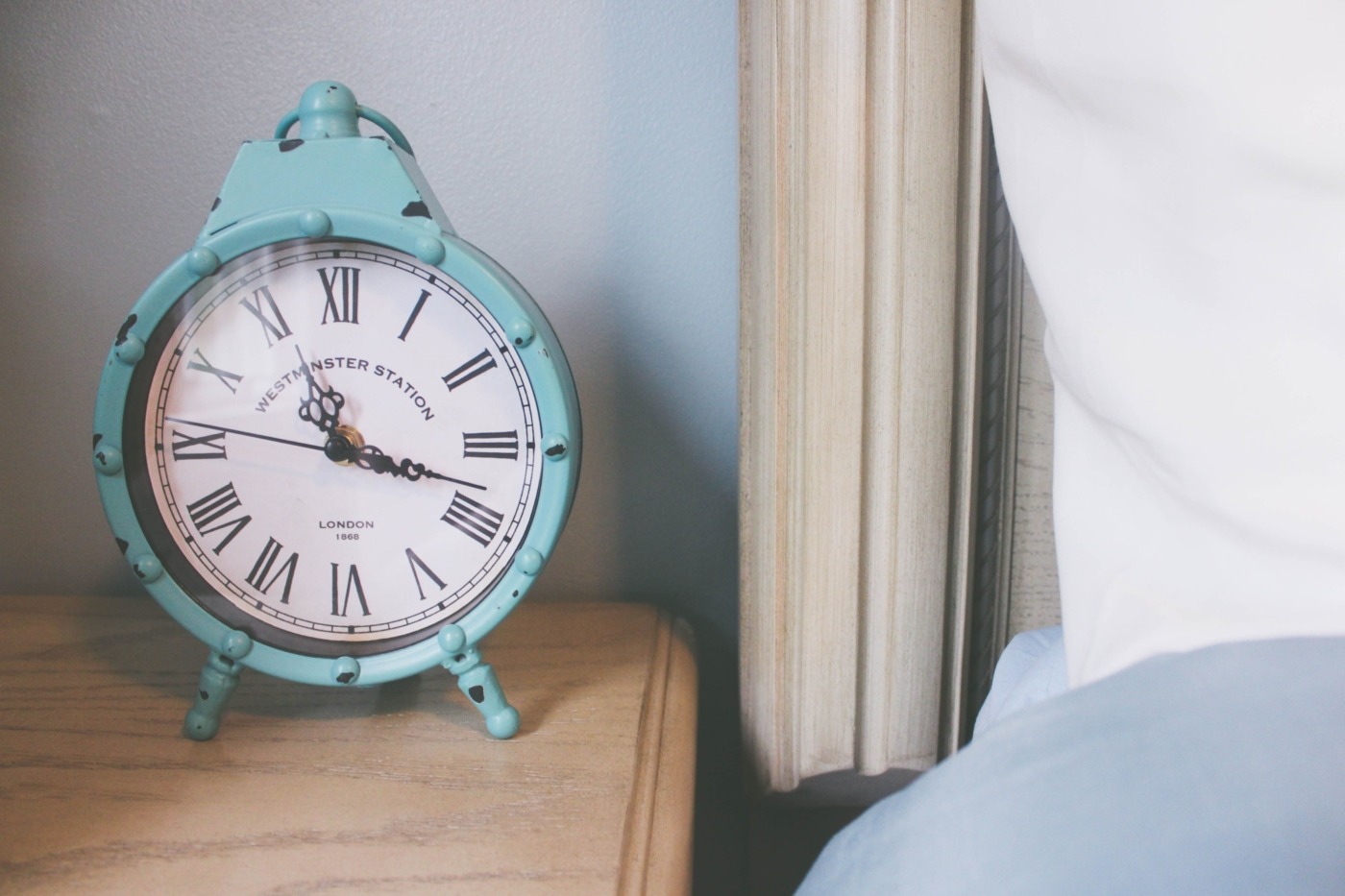Stop sleeping in at the weekend
The sleep cycle of a student is often irregular and disrupted; be it a smattering of nights out, an all-nighter to get a hefty assignment completed or an amalgamation of the two. Many will look forward to the weekend, seeing it as ample opportunity to make up for all the hours of sleep they have lost in a working week. Whilst you may think that catching a few more z’s on a weekend is beneficial to your health, researchers at the University of Colorado have found the opposite: sleeping in is detrimental to your physical health if you are sleep deprived during the week.
The concept of students sleeping in on a weekend is not an unfounded one. Research carried out by the Chinese University of Hong Kong (CUHK) on 620 CUHK Business students found that on average they slept for 1.7 hours longer on a weekend than on a weekday, with two-thirds of participants reporting sleep deprivation. The study from Colorado, however, focused on the impact on health to the 36 participants involved in the trial, all in their mid-20’s with a healthy Body Mass Index (BMI). They were observed for two weeks in laboratory conditions such that they could sufficiently monitor their duration of sleep, food intake, weight and exposure to light.
Sleeping in is detrimental to your physical health if you are sleep deprived during the week
The trial was set up with three groups; a control group who slept nine hours a day, a sleep restriction group (SR) who slept five hours a day, and a weekend recovery group (WR) who slept five hours Monday – Friday but could sleep for as long as they liked Saturday – Sunday. These sleeping hours were not restricted to set times across the group; individuals were allowed to sleep in their normal circadian pattern.
By monitoring Slow-Wave Activity (SWA), a commonly used indicator for a person’s desire to sleep, they found the people who slept in on the weekend failed to recover their sleep debt and carried it into the next week. On the weekend, they only slept an average of 1.1 hours more than they naturally would outside of the experiment schedule. Intriguingly, the WR group had improved SWA levels over the weekend, but by the Monday suffered more than the SR group. This indicates that sleeping-in over the weekend had a greater impact on the body clock than just being sleep deprived.
The start of the biological day and night are signified by the onset and offset of dim-light melatonin. The authors of the paper measured melatonin levels of those in the experiment to see whether a group experienced any changes. It was found that melatonin onset was delayed in SR and WR groups, with WR participants experiencing a delay at the end of their biological night. Hence, sleeping in on a weekend altered the body clock such that there was an increased chance of waking up during the biological night on Monday morning. This caused the group who slept-in over the weekend to exhibit signs of social jet-lag at the start of the next week.
Sleeping in on a weekend altered the body clock such that there was an increased chance of waking up during the biological night on Monday morning
The disruption to the natural sleep pattern impacted on the health of the participants. This is because the circadian clock is important for bodily functions, such that the body is dormant and fasting during the biological night and has optimum energy intake and alertness during the biological day. Both SR and WR subjects experienced an average weight gain of 1.5kg due to an increase in daily energy intake from after-dinner snacks, becoming hungrier later in the day. More troubling was the subjects’ sensitivity to insulin, with the SR group’s sensitivity dropping by 13%, and the WR group dropping almost double that with a 27% decrease. This exposes a greater likelihood of developing Type-2 diabetes by having an irregular sleep pattern.
Sleeping in to try and recover a sleep debt is uniquely disruptive to the body. Rather than attempting to sleep more to make up for lost sleep, it is recommended that maintaining a regular night’s kip of at least seven hours will be the most beneficial to your health. Maybe the next time you contemplate a lie-in to rest up for the week ahead, you’d be better off distributing your time asleep evenly across the week.

Comments